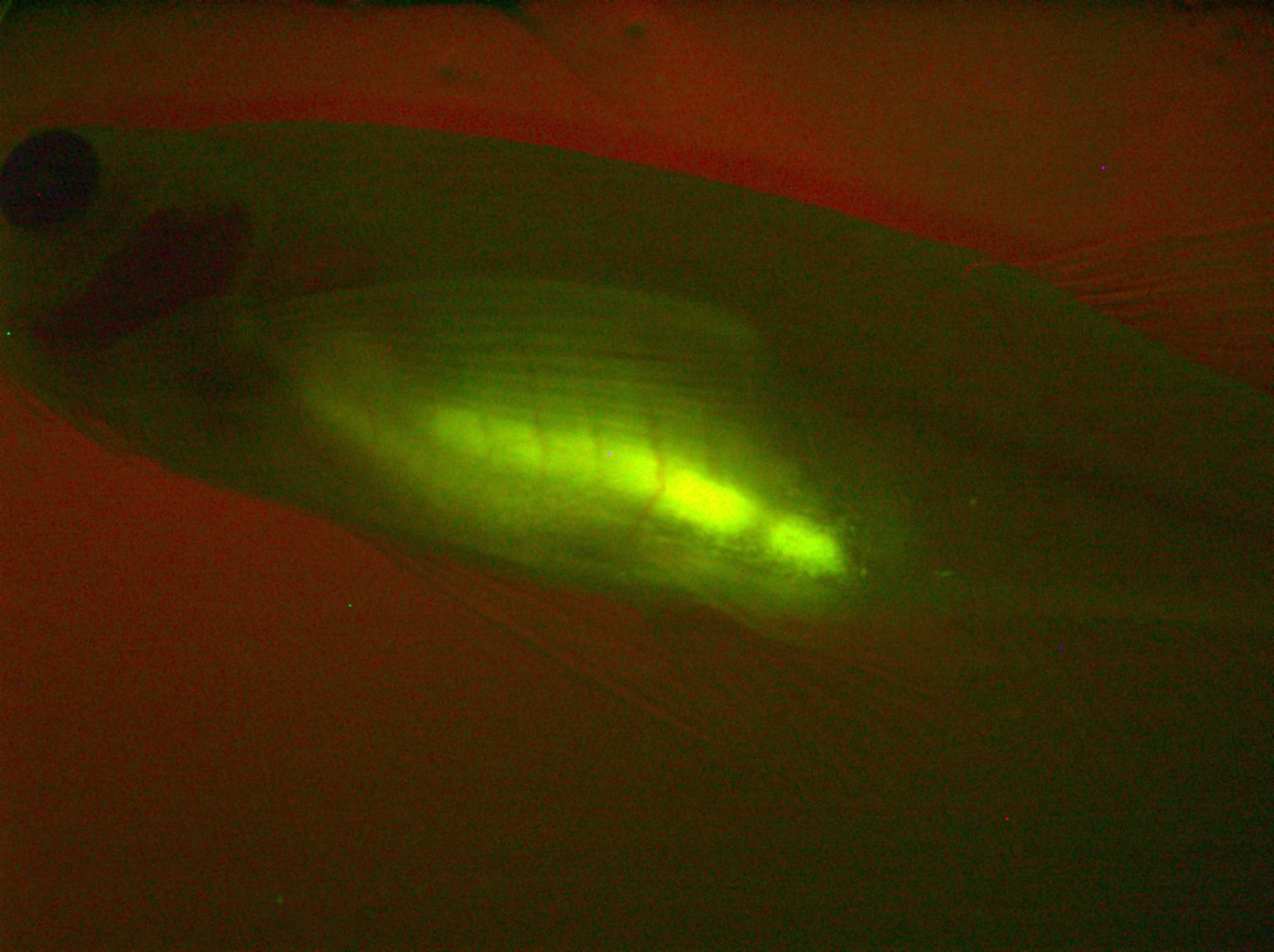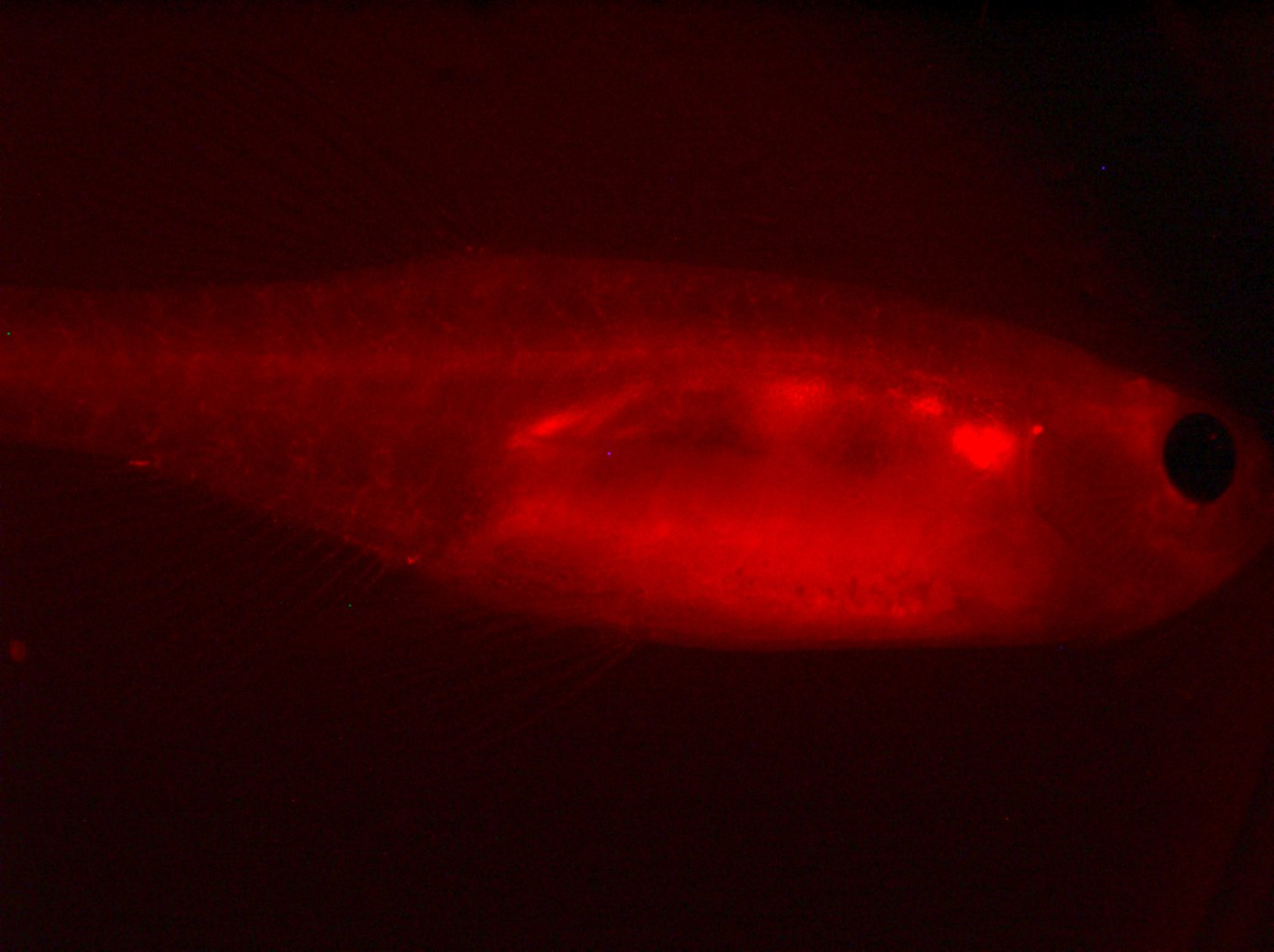CoMPLEX MRes projects
As part of the MRes course, first year CoMPLEX students complete three Case Presentations and a Summer Project:
- My first Case Presentation (with Dr. Gwen Knight and Prof. Timothy McHugh) involved creating a model to investigate the potential impact of recently discovered gene mutations in Mycobacterium tuberculosis on resistance levels in the general population.
- For my second Case Presentation I worked with Dr. Joerg Albert and Prof. Peter Dayan to look at the circadian clock of different Drosophila melanogaster genotypes and phenotypes.
- Finally, my third Case Presentation focused on imaging cancer in zebrafish using Optical Projection Tomography - under the supervision of Dr. Paul Frankel and Dr. Matilda Katan-Muller I performed a longitudinal study of six zebrafish which produced some interesting results (and some great images!).
- Currently I am working on my summer project with Dr. Joerg Albert, Prof. Maria-Gloria Basanez and Dr. Martin Walker on the topic of mechanosenstaion in mosquitoes, and the possibility of utilising insecticides which affect insect mechanosensation as a malaria vector control method. I will upload the full project after completion but in the mean time here is my project proposal presentation.
In addition to these projects, there are various other components to the MRes course:
- For my journal club presentation I chose a paper by Nilanthi de Silva and Andrew Hall on estimating combined helminth species prevalence. This paper is one of my favourites, mainly because it uses a really simple model to produce good estimates of combined prevalence that can be directly applied to real life situations.
- MRes CoMPLEX students spend a week at the Marine Biology Association in Plymouth, studying marine animal behaviour and statistics. After this trip we make and present posters based on interesting topics we learnt about during the week - my poster, which I made with Rory Bufacchi, looks at ocean acidification and the huge environmental problems that it can cause.
- Lastly, my academic website can be found here!

